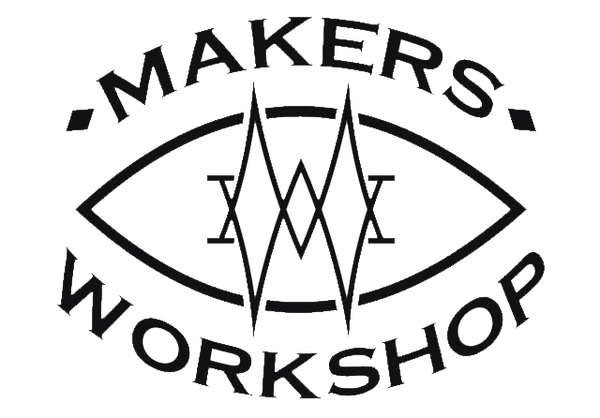Welding is a complex and potentially dangerous process that requires careful planning and preparation. Whether you are a professional welder or a DIY enthusiast, it is important to ask yourself a few key questions before starting any welding project. By taking the time to consider these questions, you can ensure that your project is successful and safe. In this blog post, we will explore five important questions to ask before starting a welding project.
1. What type of welding process is best for this project?
There are several different types of welding processes, including MIG, TIG, and stick welding. Each process has its own advantages and limitations, so it is important to choose the right one for your project. Consider factors such as the type of metal you are working with, the thickness of the material, and the desired weld quality. Consulting with a welding expert or doing some research can help you determine the best welding process for your specific project.
2. Do I have the necessary safety equipment?
Welding can be hazardous, so it is crucial to have the proper safety equipment before starting any project. This includes a welding helmet with a darkened lens to protect your eyes from the intense light, welding gloves to shield your hands from sparks and heat, and a welding jacket or apron to protect your body from molten metal. Additionally, make sure you have a fire extinguisher nearby and a well-ventilated workspace to minimize the risk of fumes and gases.
3. Have I prepared the workpiece properly?
Proper preparation of the workpiece is essential for a successful weld. Before starting the project, make sure the metal is clean and free of any rust, paint, or other contaminants. Use a wire brush or grinder to remove any surface impurities and ensure good weld penetration. Additionally, be sure to properly clamp or secure the workpiece to prevent movement during the welding process.
4. Do I have the necessary skills and experience?
Welding requires a certain level of skill and experience to produce high-quality welds. If you are new to welding or unsure of your abilities, it may be wise to start with smaller, less complex projects before tackling larger ones. Consider taking a welding class or seeking guidance from an experienced welder to improve your skills and gain confidence.
5. What are the potential hazards and how can I mitigate them?
Welding involves various hazards, including electric shock, fire, and exposure to harmful fumes and radiation. Before starting a welding project, familiarize yourself with the potential hazards and take appropriate measures to mitigate them. This may include wearing protective clothing, using proper ventilation, and following safe welding practices. It is also important to have a first aid kit on hand and know how to respond to common welding-related injuries.
By asking yourself these five questions before starting a welding project, you can ensure that you are well-prepared and equipped to tackle the task at hand. Remember, safety should always be your top priority when working with welding equipment. Happy welding!

